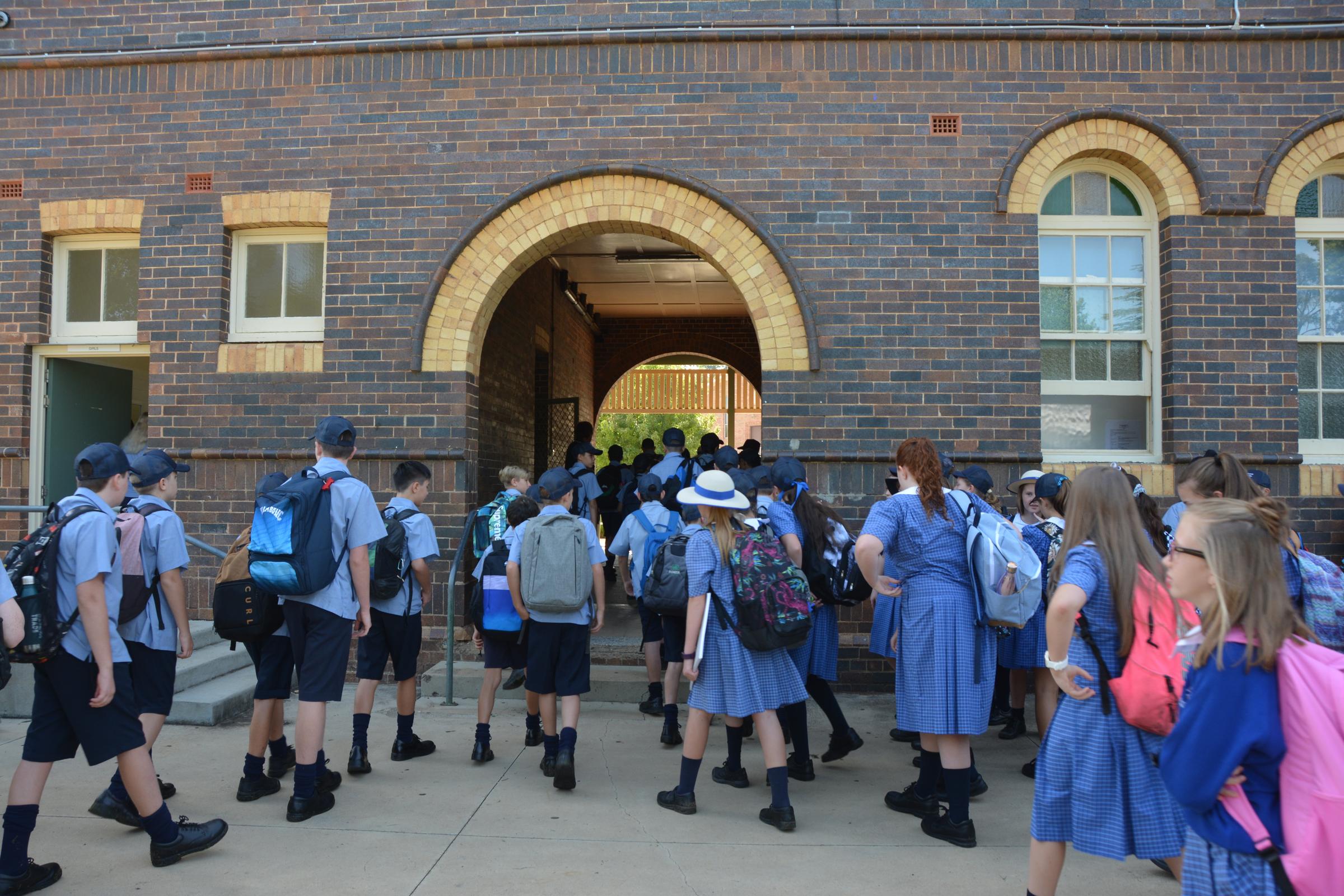Assistant Principal - Learning

Assistant Principal - Learning
I started my day yesterday with a text message from an old university friend asking, “When exactly did I miss the ‘teaching through an apocalyptic pandemic unit’ at Uni?”. Tongue in cheek it may be, and perhaps not as dire as an apocalypse, these times, however, are presenting all of us with a type of adversity we have never experienced before. Yes, we can reference the “once in a hundred years experience”, or we might even hold a faint memory of the early 2000s SARS epidemic or the HINI pandemic- but these seem distant, dislocated occurrences, experienced by others, not us, not here, not in our island continent.
The protective measures we have taken and are taking, continue to present an adverse challenge to our ability to live life as we normally would do. But they also present us with an opportunity... We now have the opportunity to shake things up, think a little differently, teach and learn things in new ways. Who knows exactly what we will discover along the way? There is one thing that we do know though, and that is, that we are learning. And while we might be in an environment of isolation, we are certainly in a climate of collaboration as we are a community of learners!
This week our school community started their remote learning journey. What a very different reality our students are navigating today; thrown into self-directed learning that succeeds when the motivation to learn comes from within. For our senior students, this motivation is most likely supported with a desire to achieve in the HSC, to get into the uni/TAFE course of their choosing, or to get out of school and into employment. But for our junior students (7-10) what happens when the motivation isn’t really there? Do you as parents force them to sit at a device and complete all the learning activities provided to them? Do you argue with them, bargain with them, cajole them into studying?
We need to revisit the educational purpose of remote learning in these last two weeks of the term, which simply put, is to ensure that the learning experience continues - that there is learning continuity. At this stage, we are not expecting junior students to undertake new content learning. What we are expecting is for them to practise, refine, create and experiment. Here is an opportunity for students to take ownership of their learning, identify their strengths, their interests, build their technology skills and develop lasting habits of the mind.
If these circumstances continue into the next term, then the habits our students develop over these two weeks are critical. So follow the suggested timetable, favour short study stints instead of long blocks of time, integrate lots of movement, and exercise, delve into the pages of a good book, meditate, pray and stay healthy, happy and safe.
Eli Simpson
Assistant Principal (Learning)
The Weight of the Glass
Once upon a time a psychology professor walked around on a stage while teaching stress management principles to an auditorium filled with students. As she raised a glass of water, everyone expected they’d be asked the typical “glass half empty or glass half full” question. Instead, with a smile on her face, the professor asked, “How heavy is this glass of water I’m holding?”
Students shouted out answers ranging from eight ounces to a couple pounds.
She replied, “From my perspective, the absolute weight of this glass doesn’t matter. It all depends on how long I hold it. If I hold it for a minute or two, it’s fairly light. If I hold it for an hour straight, its weight might make my arm ache a little. If I hold it for a day straight, my arm will likely cramp up and feel completely numb and paralyzed, forcing me to drop the glass to the floor. In each case, the weight of the glass doesn’t change, but the longer I hold it, the heavier it feels to me.”
As the class shook their heads in agreement, she continued, “Your stresses and worries in life are very much like this glass of water. Think about them for a while and nothing happens. Think about them a bit longer and you begin to ache a little. Think about them all day long, and you will feel completely numb and paralyzed – incapable of doing anything else until you drop them.”
The moral: It’s important to remember to let go of your stresses and worries. No matter what happens during the day, as early in the evening as you can, put all your burdens down. Don’t carry them through the night and into the next day with you. If you still feel the weight of yesterday’s stress, it’s a strong sign that it’s time to put the glass down.